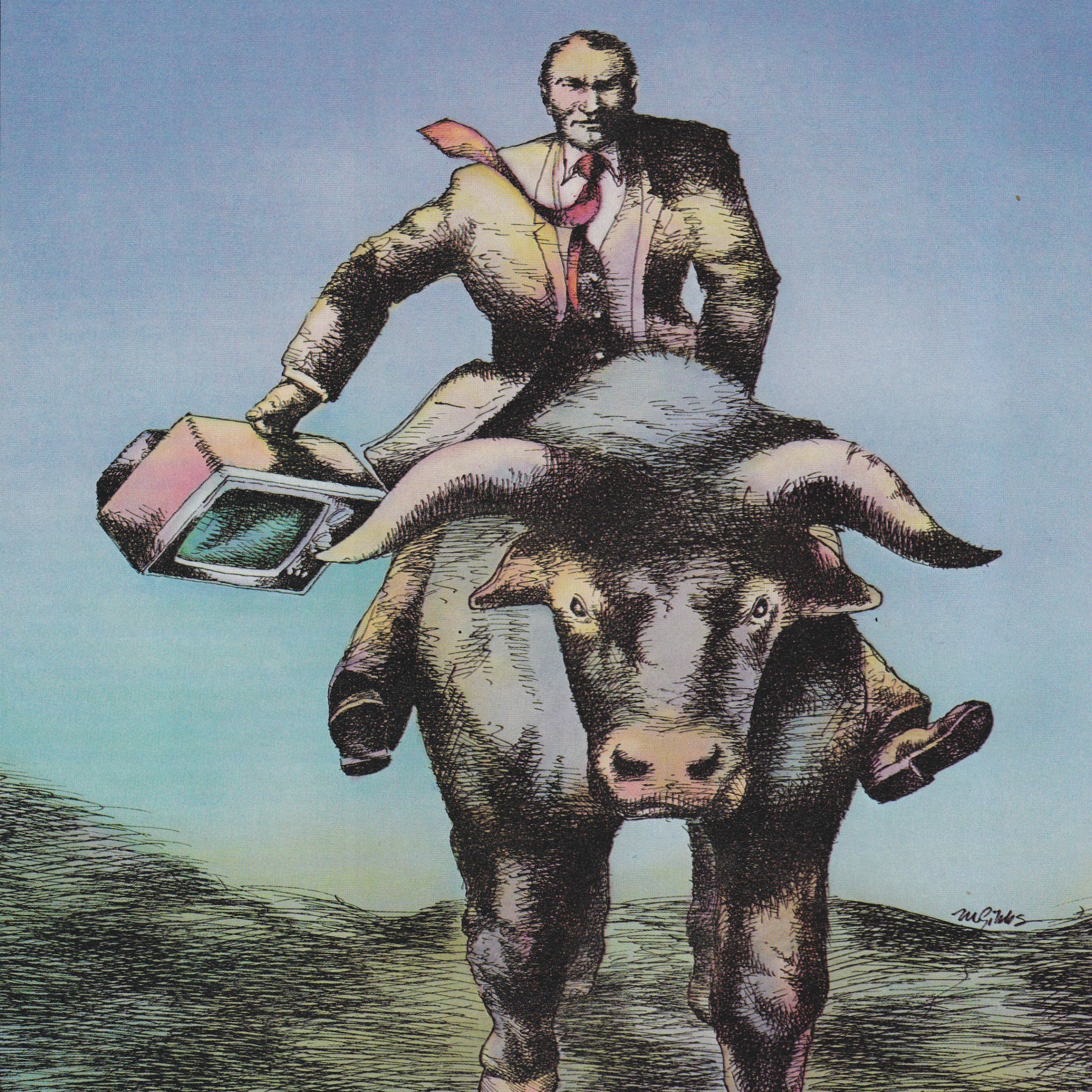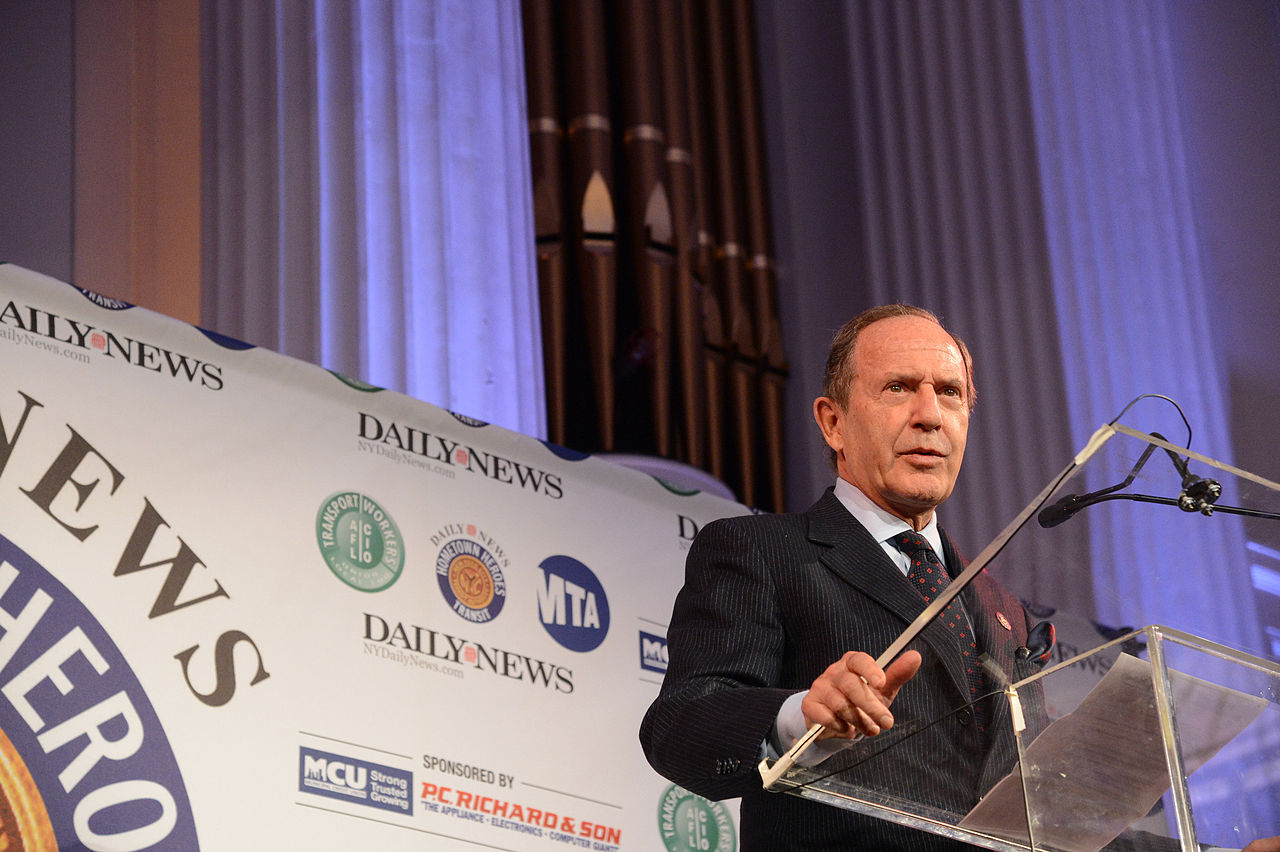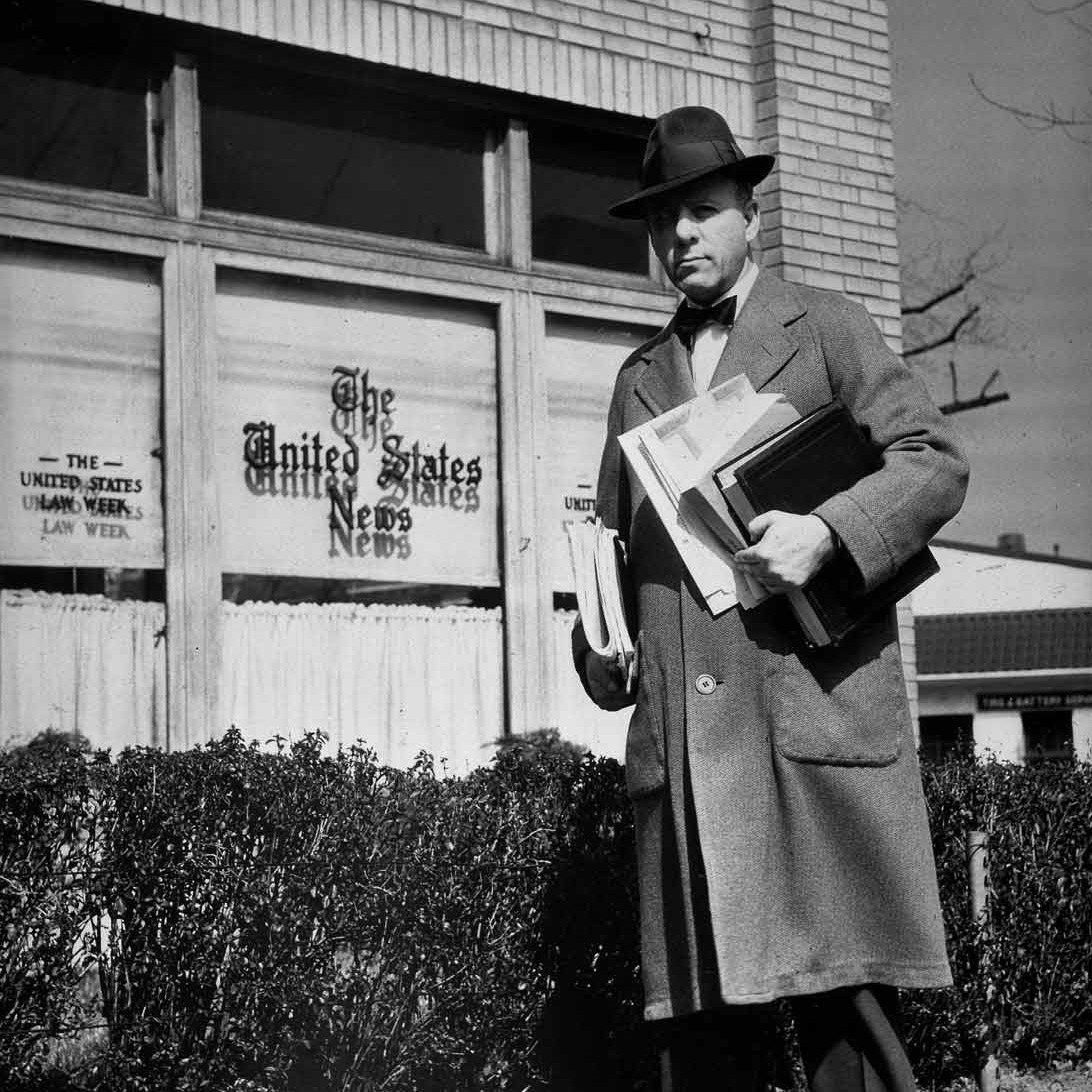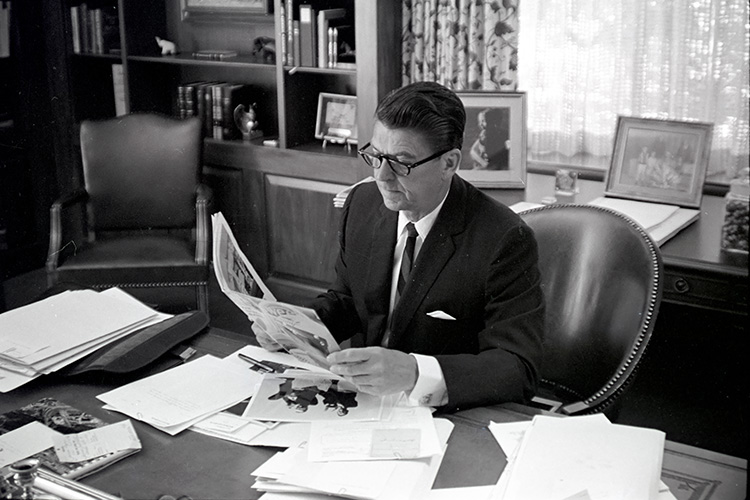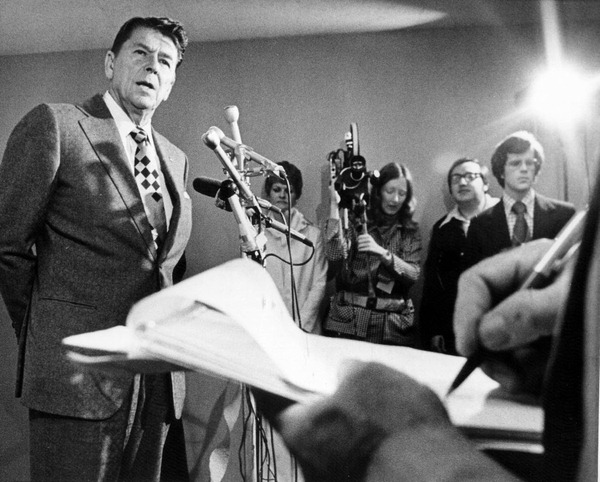Poor Rupert Murdoch. For quite a while now, the Australian media tycoon has had something of a love-hate relationship with his competitors and critics. Murdoch, it seems, is just the kind of man they love to hate.
Ken Berents, reporter-turned-handicapper, is on something of a roll. Lots of people with money want to know what’s on his mind these days—the inside dope, you might say—and the phones into his Baltimore office are busier than ever. “I’ve been on a hot streak,” he says. “I’ve been damn lucky, but I’m hanging my neck out right now.”
Who wanted U.S. News & World Report? Finalists in the competition were: Mortimer B. Zuckerman. Many U.S. News employees considered Zuckerman, an ambitious Boston real-estate developer and publisher of the Atlantic, the odds-on favorite from the beginning because he was the company’s partner in its Washington, D.C., real estate venture. “He had his foot in the door,” one U.S. News editor says. “Anybody else buying into the thing would have
On December 14, 1983, employees of U.S. News & World Report gazed in puzzlement at a one-page memorandum that had been posted on bulletin boards in the magazine’s Washington, D.C., headquarters. “Employees should be aware,” the notice said, “that within the last two weeks an offer has been submitted to purchase all of the stock of the company at
On the evening of Ronald Reagan’s election as the fortieth president of the United States, Walter Cronkite had just announced a Republican sweep of Illinois when Reagan, following a brief victory speech, began moving out through a crowd of enthusiastic supporters at the Century Plaza Hotel in Los Angeles. Former president Gerald Ford had joined Cronkite in the CBS anchor booth in New York, and Cronkite was angling for a way to hook the two of them up electronically for a congratulatory chat.


